Noah’s memoir gave me the rare delight to laugh out loud from words on a page. He finds humor in his tragic, hopeful, and human life story and then is able to write it with heart and joyful wit – which is a rarity.
I’ve read multiple books about apartheid (Cry the Beloved Country); however, this book is my first exposure to post-apartheid South Africa and the appalling and lasting effects of hateful racism that is planted in the depths of culture. Though race is artificial, the hate and division that use race as an Avenue into the lives of humankind are terrifyingly real. Noah’s memoir beautifully demonstrates this.
“In society, we do horrible things to one another because we don’t see the person it affects” (221). This is why memoir is a vital genre for our world. We are able to see the people affected by horrible things. Noah, a rambunctious boy, was forced to stay indoors, off the streets, because of the color of his parents’ skin. The rules of racism depend on the dehumanization of “the other,” in other words, racism exists when we refuse to see the people it affects as human.
One of the ways Noah connects with others and appears to be human, beyond the shade of his skin, is through language – he speaks English and many dialects of Afrikaans. “Maybe I didn’t look like you, but if I spoke like you, I was you” (56). Language is just one of the many ways humans divide themselves; however, Noah’s memoir inspires humanity to recognize the similarities rather than the differences.


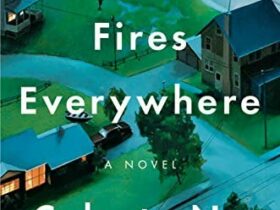
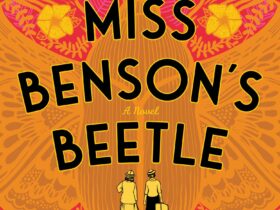
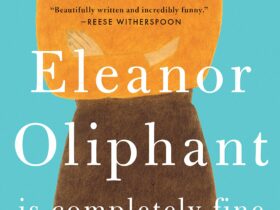
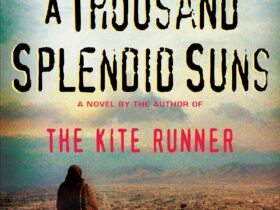
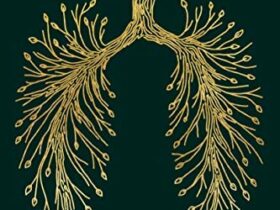
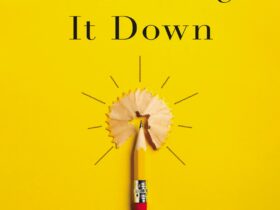
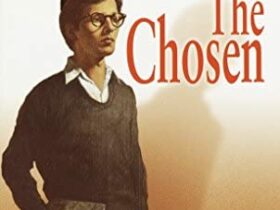
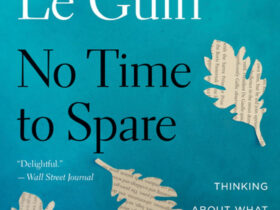
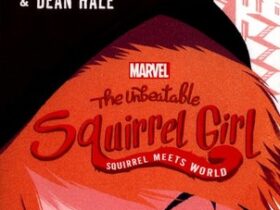
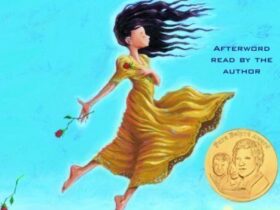
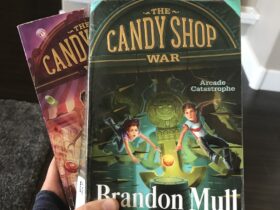
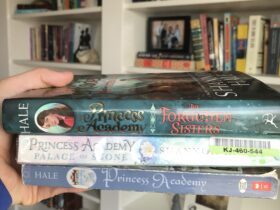
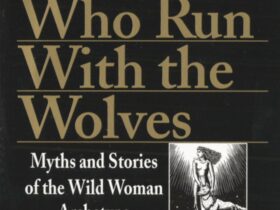

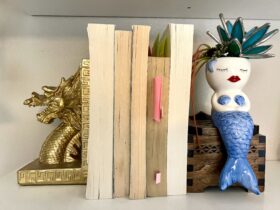

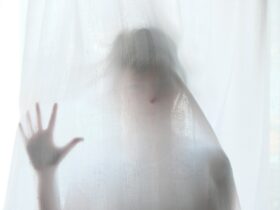

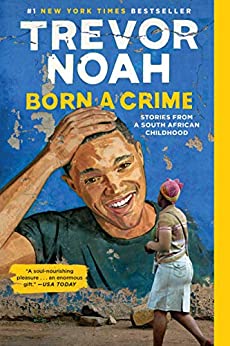

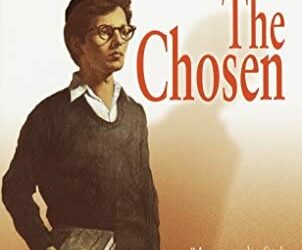
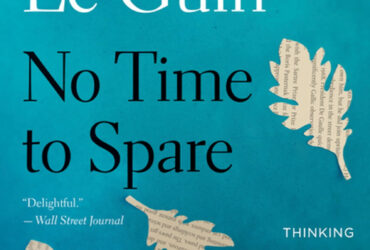
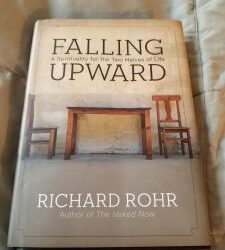
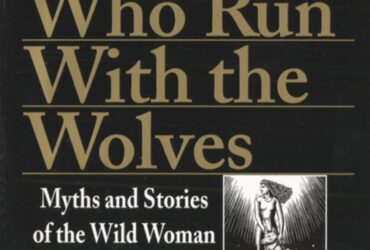
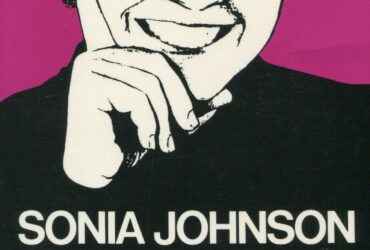
Leave a Reply